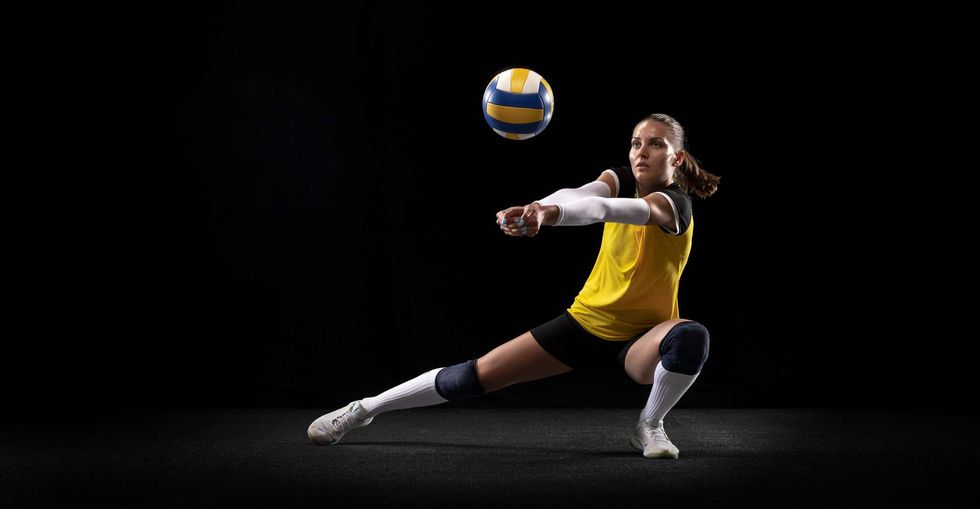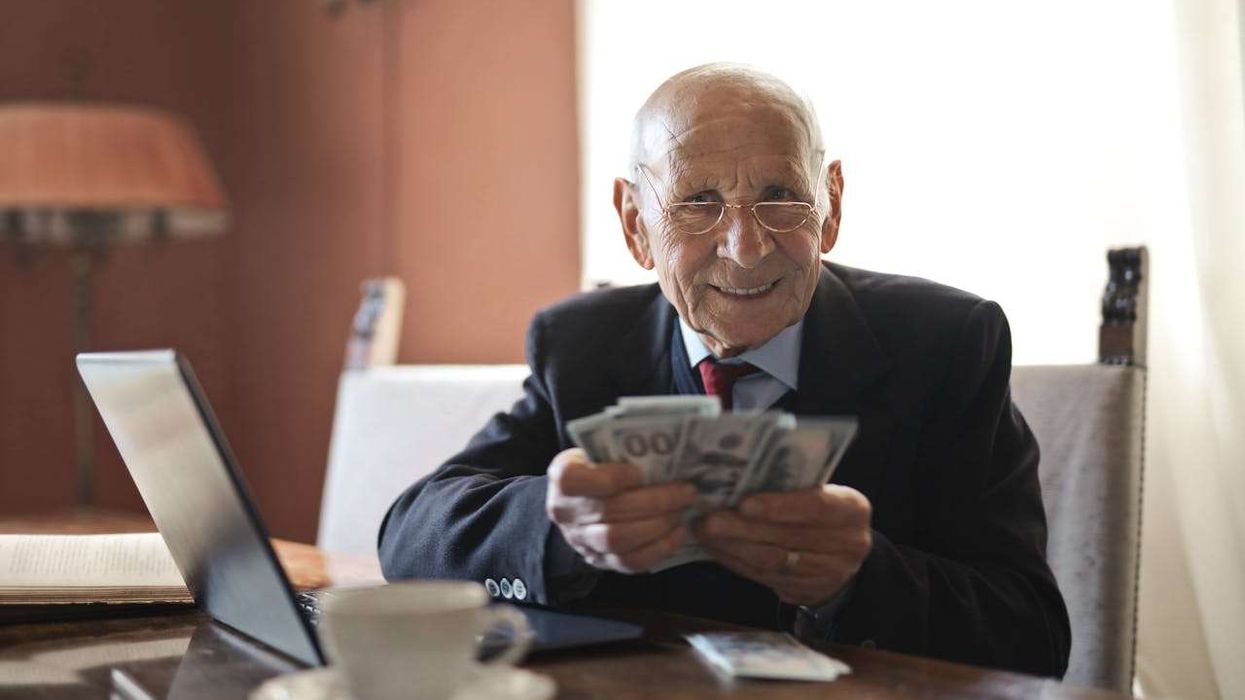Highlights
- Women in visible positions say online abuse is forcing them to spend personal money and time on safety
- Ofcom urges tech giants to take stronger action against pile-ons and targeted harassment
- Female athletes, journalists, politicians and entertainers are scaling back online presence to avoid threats
A rising cost of being visible
Women in public-facing professions are increasingly reporting that visibility comes with a financial and emotional burden, with many resorting to paying for security measures, specialist support and monitoring tools to protect themselves from online abuse. Campaigners at the Centre for London describe this growing expense as a ‘safety tax,’ highlighting that it is a stark cost borne almost entirely by women who remain active in public life.
This comes as Ofcom has urged major social media platforms, like Elon Musk's X and Mark Zuckerberg's Meta, to crack down on online harassment and intervene more quickly when abusive “pile-ons” develop. The regulator warned that sustained abuse is driving some prominent female athletes away from sport altogether unless tech companies step in.
While the warning centred on sport, the impact extends far beyond stadiums. Women in politics, journalism, entertainment, academia and activism say they are withdrawing from online spaces, limiting public appearances or paying out of pocket for professional help simply to stay safe.
Beyond sport: A universal problem for public women
A survey done by Women in Journalism in 2023 found that female journalists are funding digital protection tools, hiring security for events, or paying for therapy to cope with constant threats. Similar patterns appear in politics, where MPs and councillors say they spend personal income on home CCTV, panic alarms and social-media monitoring services.

Reports by The Guardian indicate that for entertainers and sportswomen, agents increasingly upcharge contracts to cover online reputation teams and legal support, often cutting into earnings that male counterparts do not have to allocate in the same way.
Dame Melanie Dawes, working with elite female athletes, has told Sky News that safety-related spending has become “a standard line in budgeting” because visible women are routinely targeted with misogynistic abuse, trolling, and threats. Several public figures describe the experience as “the price of staying online.
Ofcom calls for action from platforms
Publishing its recommendations this week, Ofcom pressed social media companies to introduce stronger safeguards that prevent mass pile-ons and to provide better protection for high-profile women facing targeted harassment. It warned that without meaningful action, participation in sport and other sectors could decline as individuals retreat from public roles to protect themselves.
The regulator highlighted evidence showing that online abuse is disproportionately aimed at women, particularly those from minority backgrounds, and escalates rapidly during major events.
The silent cost of participation
The concept of a safety tax, as used by the Centre for London, captures a reality long described behind closed doors: women who choose public careers are subsidising their own protection. It covers everything from private security and encrypted communications to content moderation services and legal advice. For those without the means to absorb such costs, the choice becomes stark: remain visible and at risk, or step back and lose opportunity.
Campaigners such as the End Violence Against Women Coalition argue that the burden of online safety should not fall solely on individuals. According to EVAW, platforms must take primary responsibility for abuse, rather than forcing users to police their own safety.
As the debate continues, one point remains clear: the professional success of women should not hinge on how much they can afford to spend to stay safe. The price of visibility should not be theirs to carry alone.





